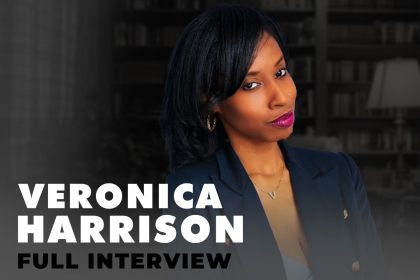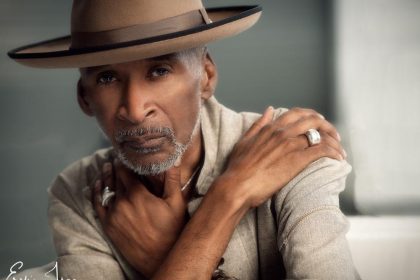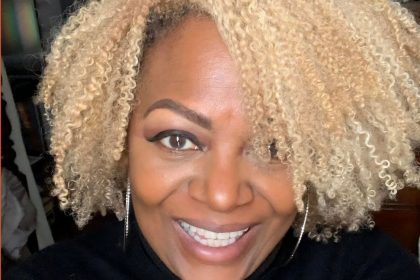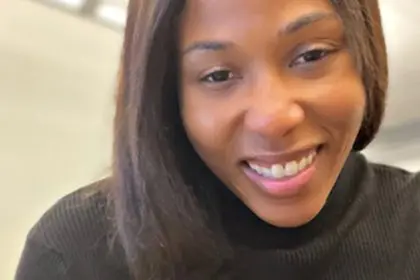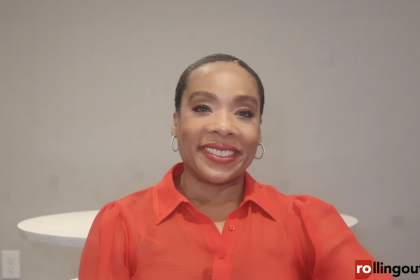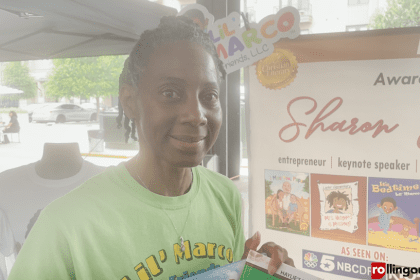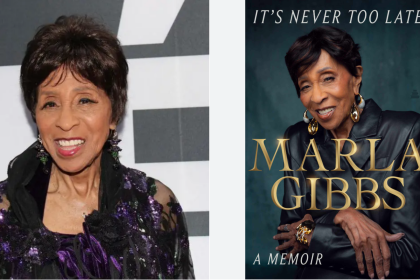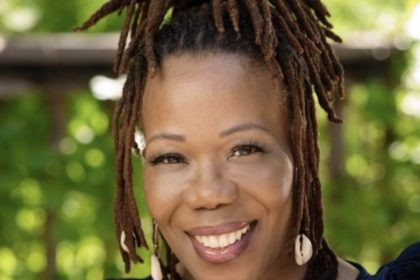lyssa Cole is a pro when it comes to writing thrillers, and her new novel, One of Us Knows is about the caretaker of a historic estate who finds herself trapped on an island with a murderer and the ghosts of her past while dealing with dissociative identity disorder.
Cole spoke with rolling out about writing the book that touches on mental health issues.
Why did you write this book?
The setting of the book is based on a real place called Bannerman Castle in the Hudson River. Years ago, I saw it on the train when I randomly went up there for something, and I was like, “Is there a castle in the river right now?” I looked it up and learned there wasn’t much information about it at the time, only a little bit. Now, there’s a lot more. I thought it would be a great setting for a book. At the time, I thought it would be a romance because I was writing romance at that time, but then I thought about this book and this idea of multiple characters, but essentially, with dissociative identity disorder.
It used to be called multiple personality disorder. It’s one person, one body, but several different people, and I thought about how it would be cool to use that as a plot device for a thriller. Usually in a thriller, the dissociative identity disorder system is the bad guy, or at least one of them is the bad guy. In this book, the character who would usually be the bad guy, in a book or in a movie, and who considers herself the bad guy, has to find a way to be the good guy to save them. It was a challenge. I didn’t know how hard it would be, but hopefully, I was able to do a good job in the end.
What were some of the challenges that you went through?
Trying to make sure that I really understood dissociative identity disorder. I always research stuff a lot, but I researched to make sure and talked with consultants to try to make sure that everything that I wanted to write was within the realm of possibility for this disorder and to make sure that I wouldn’t write anything that was like bad representation for people who live with it since I don’t have it. The story is told from multiple points of view, and everyone knows a little bit of something or is hiding a little bit of something from each other, so trying to find the right balance even just within the system itself, everyone has a little bit of a secret that they’re keeping from one another and then there’s the outside secrets and mysteries that they’re dealing with. It’s like multiple layers of mysteries spread across multiple perspectives. That was really hard to kind of figure out at the beginning.
Why was it important for you to shift that narrative of mental illness?
For mental health issues, I wanted to shift the idea off that it’s always the person with the mental health issue who’s the bad guy, because a lot of times, even if people have behavioral issues or something, people with mental health issues are more likely to be the victims, and they often have those issues because, at some point, they were victims. I like to bring that additional layer into the story as a way of discussing the characters but also discussing how society deals with mental health issues and how people are often treated in a way that exacerbates the issue instead of helping them to heal from it, or they aren’t taken seriously because of the issue, even if what they’re talking about is a very real thing.

